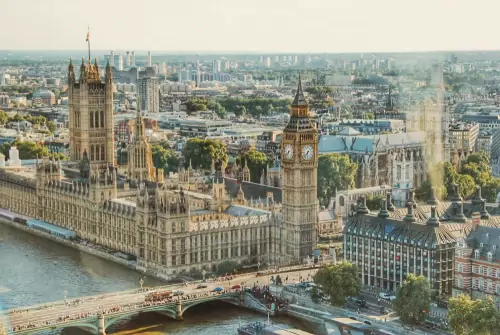This year’s Autumn Budget, presented by Chancellor Rachel Reeves on October 30th, marks the first Labour budget in nearly 15 years. With ongoing economic challenges and high public interest in tax policies, it was anticipated that this budget would bring significant implications, especially for the property market. Let’s break down the key takeaways from this budget and how they may impact property buyers, investors, and the housing market as a whole.
Changes to Stamp Duty Land Tax (SDLT) for Second Homes
Stamp Duty Land Tax (SDLT) applies to property purchases in the UK, with rates varying based on the property’s value and whether it’s a primary residence or an additional property. SDLT relief, introduced in 2022, remains in place for first-time buyers and single-property owners, although this relief is set to expire in March 2025, with no indication of an extension.
One significant change, however, is the increased SDLT rate for second homes. Starting on October 31st, buyers of second homes will pay an additional 5% in SDLT—a rise from the previous 3%. This change, coming just one day after the Budget announcement, may impact homeowners looking to invest in second properties for residential or recreational purposes and landlords expanding rental portfolios.
While higher SDLT on second homes may deter some investors, property investment remains a sound long-term choice, particularly as demand for rental properties remains robust. With recent reports indicating an average of 19 applicants per rental property in October 2024, the demand for rental housing continues to outpace supply.
Capital Gains Tax (CGT) Updates
Capital Gains Tax (CGT) applies to the profit made on the sale of an asset, such as property, if it is sold at a higher price than its purchase cost. Residential property owners typically don’t pay CGT if the property is their sole residence and hasn’t been used for business or rental purposes.
In this Budget, Labour has chosen to increase CGT on non-residential assets, such as stocks and shares. The lowest rate will rise from 10% to 18%, while the higher rate will go from 20% to 24%. Importantly, CGT on residential property remains unchanged, which could benefit landlords by reducing pressure to sell off rental properties. This may help sustain the private rental sector, maintaining a critical supply of rental homes in a market already short on stock.
Inheritance Tax: Extended Threshold Freeze
Inheritance Tax (IHT) applies to assets inherited upon the original owner’s death, including savings, investments, and property. Currently, the first £325,000 of an estate can be inherited tax-free, with this threshold rising to £500,000 if the estate includes a home passed to direct descendants. Former Prime Minister Rishi Sunak froze these thresholds until 2028.
Concerns had surfaced around whether Labour would extend this freeze, which can help families retain inherited assets without a significant tax burden. In a reassuring move for many, Labour announced an extension of the freeze through 2030, providing stability for those planning their estates.
Affordable Homes Programme: Increased Funding
Addressing the UK’s housing supply crisis, Labour has pledged an additional £500 million to the Affordable Homes Programme, raising total funding to over £3 billion. This program aims to increase the availability of affordable housing and includes measures to support small housebuilders. The increased funding is expected to provide a much-needed boost to affordable housing supply across the UK.
Conclusion
The Autumn Budget brings a mix of changes and continuities to the UK’s property market. With higher SDLT on second homes, investment in affordable housing, and stability in CGT for residential properties, the Budget reflects Labour’s focus on increasing affordable housing while making adjustments for the property investment sector.
While changes to SDLT may slow some second-home purchases, the sustained CGT policies could keep more rental properties on the market, helping ease rental supply shortages. The extended freeze on inheritance tax thresholds through 2030 also brings relief to those planning their estates.
Ultimately, the Budget reflects an effort to balance investment incentives with housing affordability, a critical need as housing demand in the UK continues to grow. As these changes take effect, prospective buyers and investors will want to stay informed and strategize accordingly.

